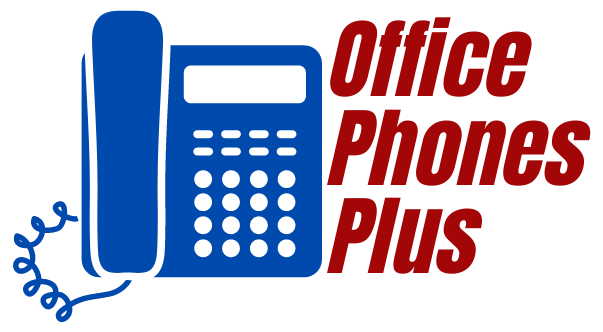Things to Consider When Choosing a Phone Service
Wherever you are in the course of running your business, whether you’re just starting out or whether you’ve been established for a few years, it’s important to consider all your options when you’re choosing a phone service. Even if you currently have one (which you probably do if you’re an established business) there may be better options out there. Getting a phone service that’s a good fit for you will affect your team’s efficiency and communication, plus it will boost your customer satisfaction.
So, what should you consider when you’re choosing a phone service? Start by asking yourself these questions:
Do You Make International Calls?
If your business involves regular communication with clients or partners abroad, you want a phone service with competitive international calling rates. Look for providers offering bundled packages or unlimited international plans so you can manage costs effectively.
How Many People Are You Going to Be Adding to Your Staff in a Relatively Short Time Span?
Consider the scalability of the phone service. If you expect to grow significantly, choose a provider that lets you easily add new lines or features without disrupting your workflow. Choosing a cloud-based system can be especially helpful in accommodating rapid team expansion.
Is Your Business Remote, In-Office, or Hybrid?
Your team’s working model heavily influences the type of phone service you need. For remote or hybrid setups, VoIP systems with robust mobile and desktop apps can keep everyone connected. In-office setups might benefit from traditional desk phones or on-premises PBX systems.
Would an App on Your Cellphone Be Useful?
Many modern phone services offer apps that let you manage calls, messages, and voicemails from your smartphone. This can be especially useful for remote workers or team members who are frequently on the go. Ensure the app integrates well with your business tools and offers a user-friendly experience.
Do Your Employees Want Headsets?
Headsets can improve call quality and comfort, especially for employees who spend a lot of time on the phone. Check whether the phone service supports headset compatibility and whether it offers integration with popular headset brands for seamless functionality.
Are They Always Available to Take Calls?
If your employees can’t always answer calls in real time, look for features like voicemail-to-email transcription, automated responses, or call forwarding. These tools ensure customer inquiries don’t go unanswered and you can maintain a professional image for your business.
How Many Calls Are Being Made?
Assess the call volume your business handles daily. High call volumes require a service with unlimited calling plans or advanced call management features so there are no backups or delays.
What Do Your Call Flows Look Like?
Understand how calls move through your business. Do they need to be routed to different departments, individuals, or external partners? Look for a service that lets you customize call flows and adapt them as your business evolves.
Do You Need to Have Call Trees or Call Queues?
Call trees and queues are essential for managing incoming calls efficiently, especially for customer-facing businesses. In this case, you want a provider that offers easy-to-implement and customizable call tree and queue options to enhance caller experience.
Do You Need to Have the Ability to Text on Your Business Line?
Text messaging is becoming an increasingly important communication channel. Check whether the phone service supports SMS or MMS on business lines and whether it integrates with CRM or customer support tools for streamlined communication.
What Is Your Budget?
Assess how much your business can afford to spend on phone services. Compare pricing plans and ensure there are no hidden fees like setup costs or extra charges for premium features. Consider long-term costs and the value provided by the service.
Do You Need Video Conferencing or Collaboration Tools?
Many phone services now include integrated video conferencing and team collaboration tools. If your business relies on these, consider a provider that offers an all-in-one solution to streamline your communication platforms.
What Level of Customer Support Do You Expect?
Evaluate the customer support options of each provider. Do they offer 24/7 support? Is their team knowledgeable and responsive? Reliable support can make a significant difference when you have tech issues or need quick assistance.
Is Security a Concern?
Security is critical for businesses that handle sensitive information. Look for a provider that offers encryption, secure authentication, and compliance with industry standards, such as HIPAA or GDPR.
Do You Need Integration with Other Business Tools?
If your business uses CRM, project management software, or other tools, look for a phone service that integrates seamlessly with them.
What Is the Quality of Service (QoS)?
For VoIP or internet-based services, assess the reliability and call quality. Consider whether the provider offers features like call prioritization, bandwidth management, or a Service Level Agreement (SLA) to guarantee uptime.
Are You Considering a BYOD (Bring Your Own Device) Policy?
If your team will use their personal devices, make sure your service supports BYOD policies with features like mobile apps and softphones that work across different devices.
Choosing the right phone service requires careful consideration of your business’s unique needs. By asking yourself questions such as the ones listed above, you can set yourself up to find the best option for serving your employees and empowering your business to grow. For further guidance on this decision, give us a call at Office Phones Plus at 410-834-4900.

